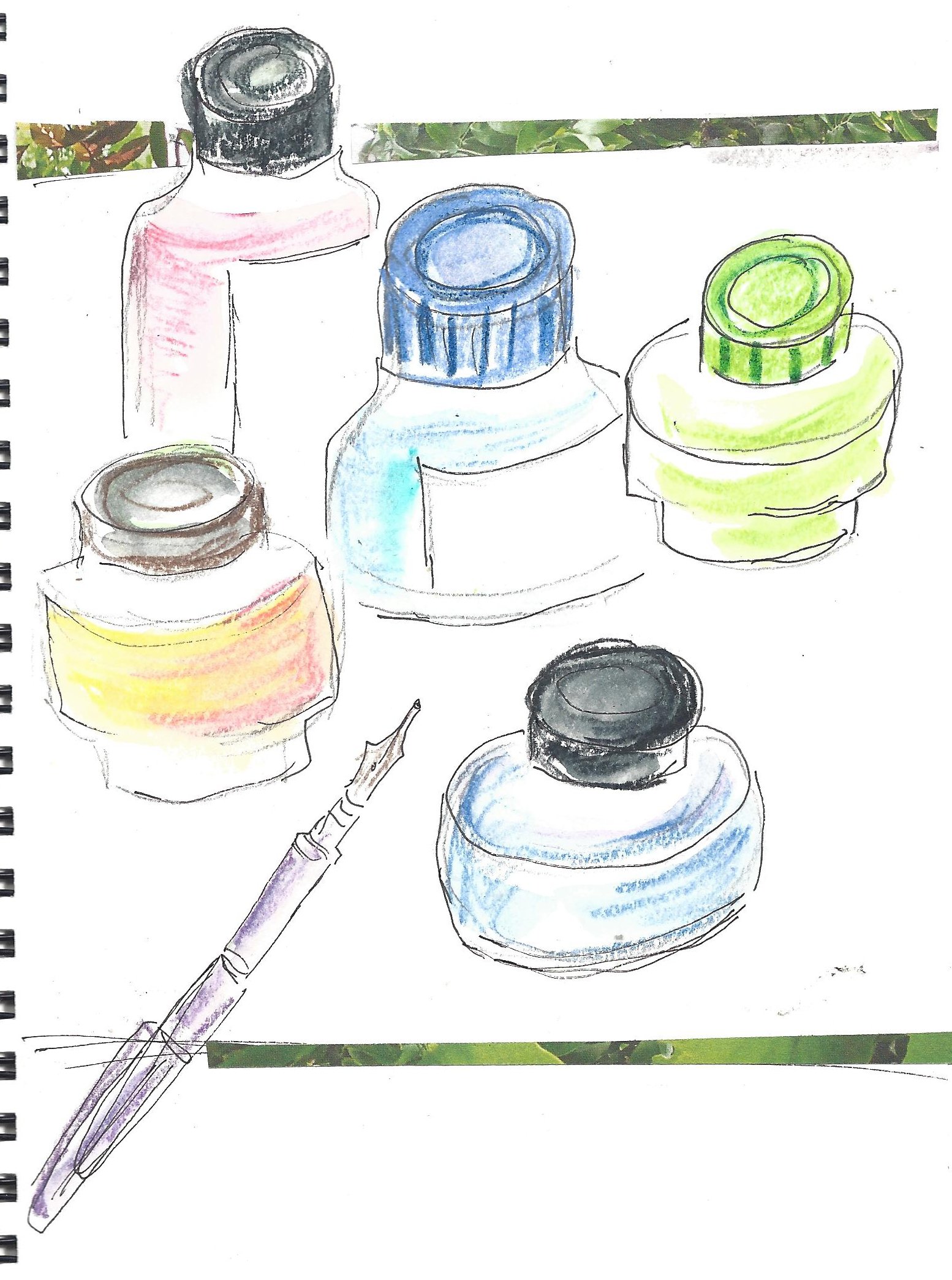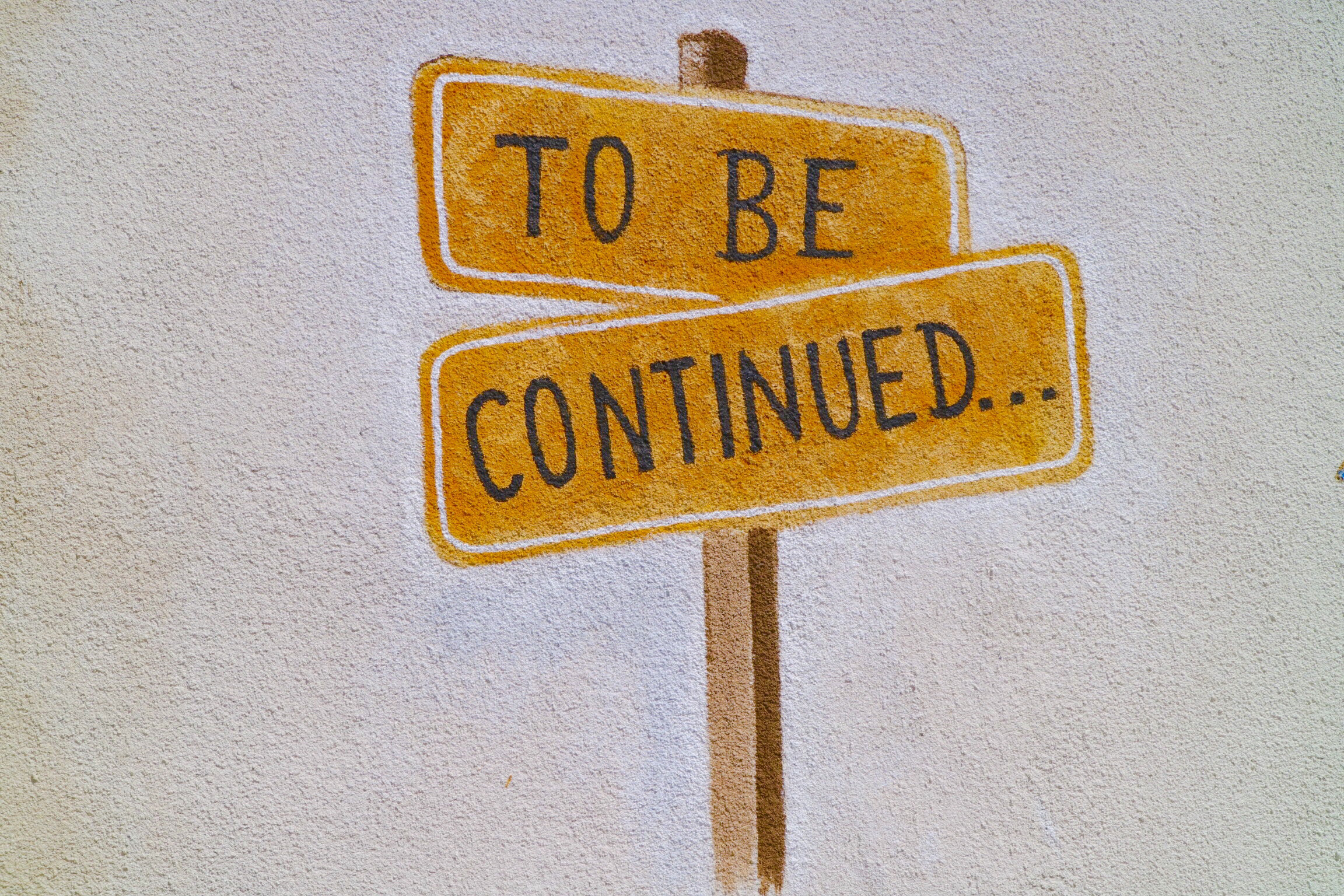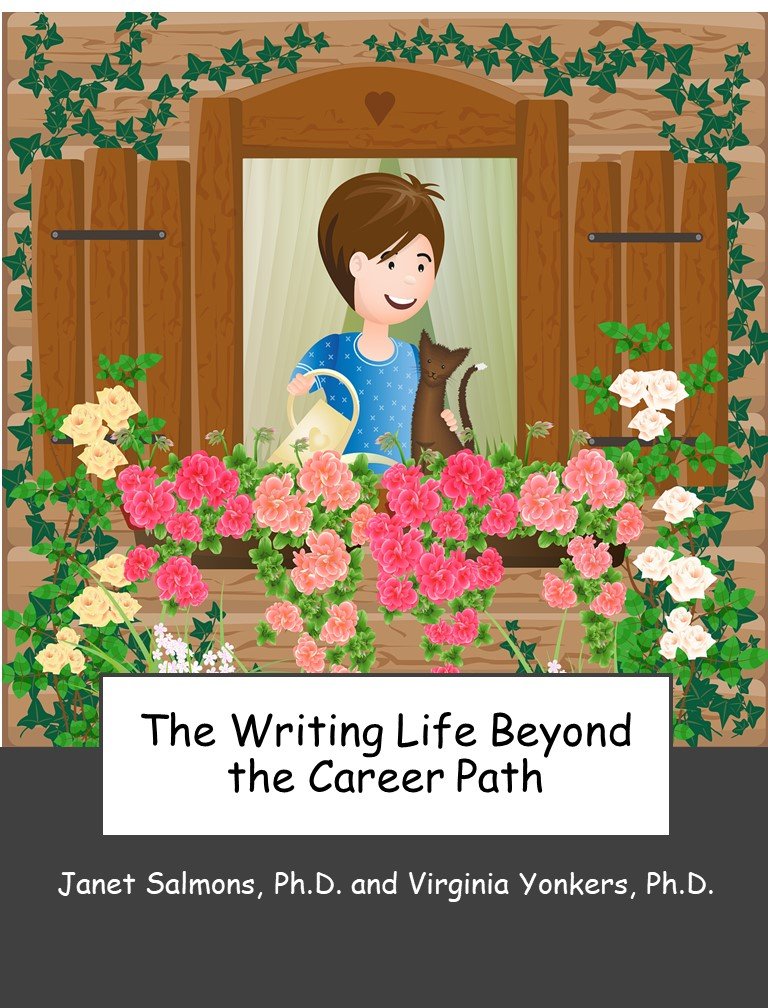Tools for Citation and Publishing from NVivo
In addition to selling their well-known data analysis software, NVivo offers lots of free resources for qualitative and mixed methods researchers. They have a blog, a webinar series, and practical how-to videos. Here some resources for academic writers whether or not you use their products.

Speed up the publishing process with Citavi and NVivo If you have NVivo, there are ways to use it to organize literature as well as for its typical use for analyzing data.
Scholarly Writing Institute All of the recordings and resources from this free Institute are available online.
Publish and Persevere: Top Tips for Qualitative Writing and Publication Recorded webinar and blog post from Methodspace contributor and SAGE author Maria Lahman.
Book Building: Room by Room Recorded webinar and blog post from Elizabeth Creamer.
More Methodspace Posts for Academic Writing
Deaf scholars are flipping the script in academic publishing—highlighting the power of signed languages, challenging outdated views, and creating space for real representation through the Society of American Sign Language Journal.
Creating an effective abstract is often challenging yet crucial. With 250 words or fewer, authors must make strategic decisions about what to include and exclude, while delivering a clear and focused message that outlines the content of the manuscript. This blog entry illustrates how S.M.A.R.T. principles (specific, measurable, achievable, relevant, and time-bound) can assist academic writers in crafting clear, concise abstracts for manuscripts and research papers.
In this post Dr. Mazak discusses how to manage the writing process for a large project such as a dissertation, thesis, or book and offers resources to help new or experienced writers.
This post includes tips about writing qualitative proposals excerpted from Research Design by Creswell and Creswell.
Celebrate Academic Writing Month 2023 by getting organized! Find open-access resources to help you avoid being distracted by details and lost files.
Dr. Linda Bloomberg offers detailed suggestions for getting organized and starting a dissertation or thesis.
Sometimes taking a break from the keyboard to write by hand unleashes creativity.
Maria Lahman offers tips to help you hone your academic writing
Find tips that will help you hone your writing.
Get ready for #AcWriMo! Find a checklist that will help you overcome obstacles that keep you from making progress with academic writing.
This must-read article in The Scholarly Kitchen caught my attention: “Who Is Going to Make Money from Artificial Intelligence in Scholarly Communications?” See this thought-provoking interview with the author, Joseph Esposito.
Banned Books Week is a launchpad for an ongoing focus on factors that precede book bans or curricular restrictions, and implications for researchers and academic writers.
Marta Eichsteller offers tips for using and writing about biographical methods.
All the posts for Academic Writing Month 2022 are here on one page!
Learning while doing: collaborating on a book about collaboration.
Ethical decisions are present throughout the process of academic writing and publishing. This collection of open-access articles offers insights about some of the issues writers face.
Our context and identities influence how we think about our writing practice, our beliefs about time and boundaries, and so many other factors that have a real effect on us as academic writers.
Dr. Boyd was a panelist for the webinar, How Academic Writing Coaches Get Unstuck. In this post she responds to numerous questions posed by attendees, such as: “How to deal with shame about being very behind on a writing project?”
Dr. Boyd was a panelist for the webinar, How Academic Writing Coaches Get Unstuck. In this post she responds to a question posed by an attendee: “How do you find a writing group?
In addition to selling their well-known data analysis software, NVivo offers lots of free resources for qualitative and mixed methods researchers. They have a blog, a webinar series, and practical how-to videos. Find resources for academic writers whether or not you use their products.
In this podcast panelist Leslie Wang discusses “All About Writing Groups” and offers practical tips for organizing your own.
What do academics write when they are free from institutional constraints about what they can publish? See this post and conversation with Janet Salmons and Virginia Yonkers.
Listen to this conversation with Dr. Stu Shulman for discussion of implications of current developments for academics.
Dr. Boyd was a panelist for the webinar, How Academic Writing Coaches Get Unstuck. In this post she responds to questions posed by attendees: “How do you get unstuck in writing when someone's negative, hypercritical, or just mean feedback has gotten you stuck?” and “How do you balance or sustain your writing with all the imposter syndrome thoughts coming at you?

























Michelle Boyd answers a question about taking small steps to make progress on a large writing project.